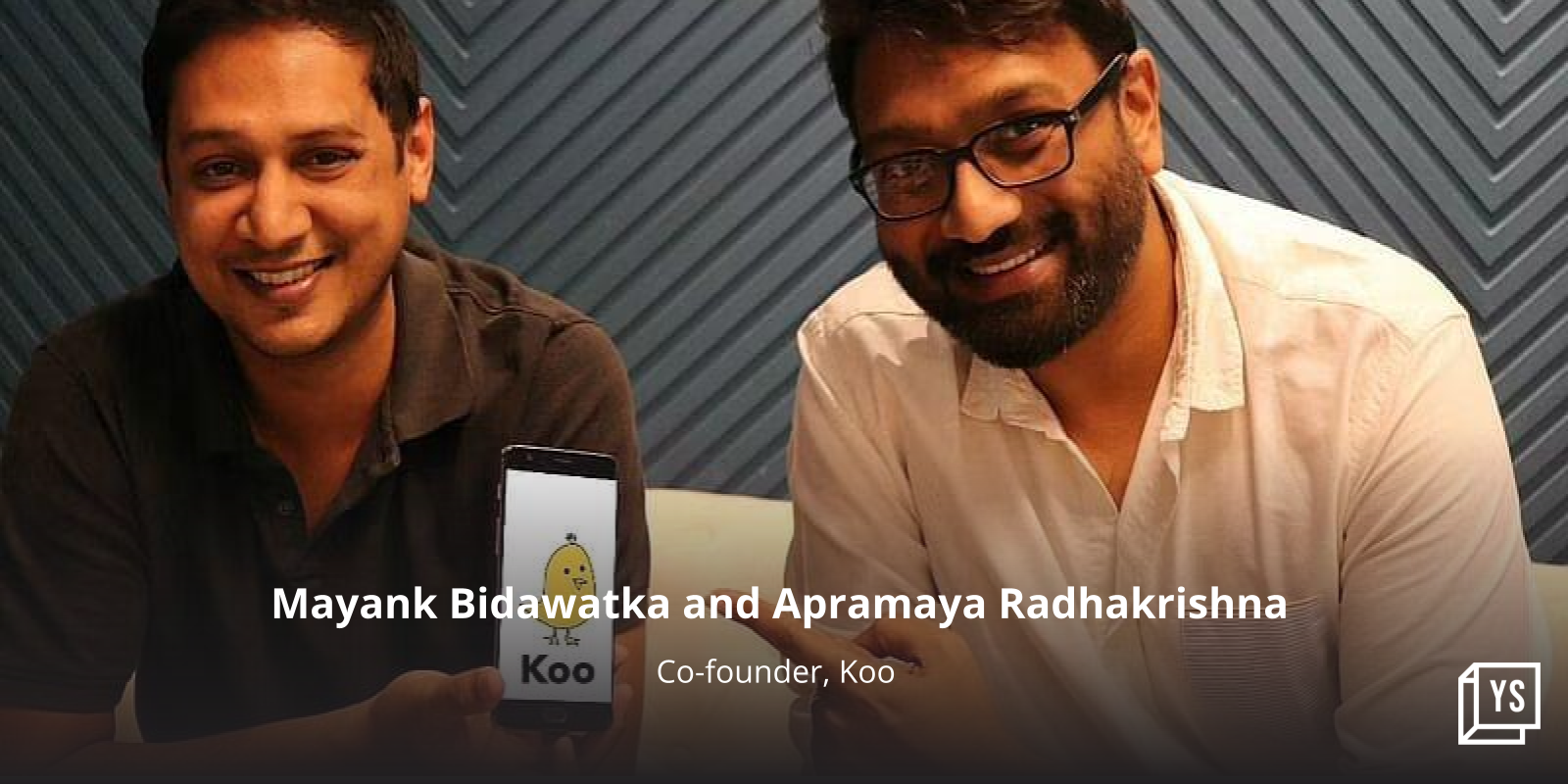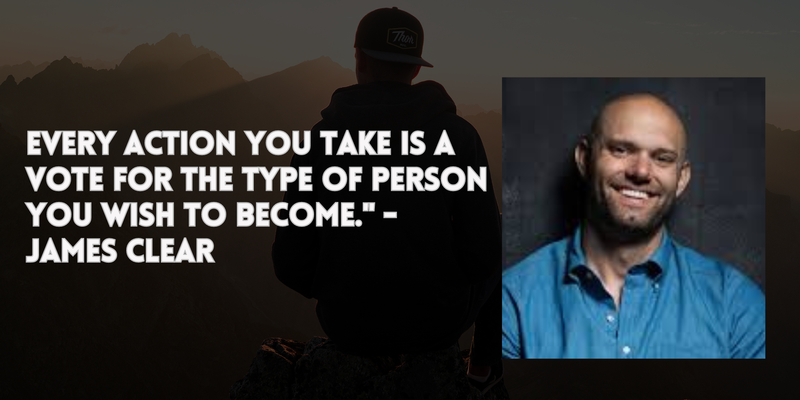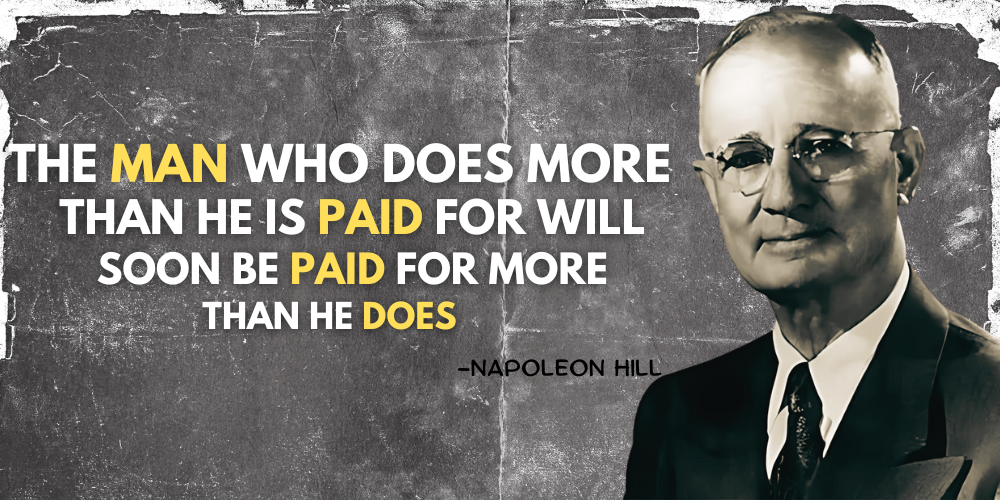3 stages I went through from a student to founder of four successful businesses
I was born in a middle-class family. I grew up surrounded with many "uncles" who only used to talk business, including my dad. It was a good place to start my entrepreneurial journey.
I started my first business right after I finished school and a couple more in the later years. Starting from zero, I passed three different life changing phases, with every stage a different unique mix of feelings of: paranoia, narcissism, nihilism, god-complex, and more.

Stage 1: Reality check
I started dreaming of awesome cars and planes I could buy once I start my business. I had estimated that my personal means of transportation would be a helicopter by the age of 30. Silly kid - I was. Well, not that silly because a lot of people have achieved this.
Dreaming is always good, but it's whole another story to achieve them. I was a good student, by my own standards, not by the hypothetical-memory-tests which our education system calls exams and grades a student. I understood things well.
I was curious to learn stuff. I was confident.
And because I was confident I thought that business wasn't going to be that difficult. If I can understand all chemical reactions from a book this thick, how hard could doing business be? Especially when so many people I knew were doing so well and they hadn't even finished schools.

I started building a sense of entitlement,- something like "Because I'm so awesome and intelligent - I cannot be wrong." And that is when you fail. Reality comes bitch-slapping you in the face and saying, "I don't owe you shit motherfucker... and yes, you were wrong."

I learned that hard-way but getting rid of this entitlement feeling is very important. Unless you build something and show people that it is good enough, the world doesn't give a fuck about you or your silly little startup.
And I'm not alone, many good students passing out from schools/universities have this sense of entitlement and over-confidence. Seriously, if you want to do business, lose the attitude, accept that you're going to be fail, and you're going to fail more than once.
Stage 2: Scaredy cat

When I was a kid, people around me taught me to never take a risk, literally, never. They didn't used terms like 'calculated risk' or 'probability'. It was either 'risky' or 'stupid' - that was all.
If you share your first business idea with someone (that is outside the startup circle and like-minded people) they'll likely respond with “mmmm... I don't know, this sounds risky."
I was hardwired to think:
Losing money = Bad
therefore,
Risk = Bad
therefore,
My startup idea = Bad
therefore,
joining your dad's automobile business = Good
therefore,
self-pitying my whole life = Good
Is that how you think? Are you fucking kidding me? Please...
Risk = Good, even when you fail. Let me tell you this, besides the experience you gain risk, which is one of the best highs you can get without drugs. Once you take risks, you'll look for them even when they're not there. I know some people might be raising their eyebrows right now, but I'm serious. Making money is fun because of the risk. It is that uncertainty of the outcome that you really learn to enjoy.
Now if you're like most people, you don't like to take risks. Just the thought of losing money can keep you up at night. Don't be that guy.
And don't go all-in-or-nothing approach on any of your business either.
Strive to find the right balance between 'no risk' and 'too much risk' - you'll have your own comfort zone or build one with practice.
So my advice, learn to love risks and learn early. You don't want to wait till you turn 30 to enjoy taking risks.
Now this takes a lot of time to learn and especially when you don't have a lot of money to put at risk. But don't let that stop you -- save some, and then risk some.
Stage 3: Snowballing success

There's a downside of making more money than you care about. You get too comfortable with the way things move forward and at the speed they move forward.
Your typical work-week is two hours of work and relaxing rest of the time and you still manage to make $10k a month. With that kind of setting, it is very easy to just let things go at their own pace.
I was stuck in the same rut a few years ago and then I realised that I had stopped growing, not in a financial sense, but in a personal sense. I had stopped learning, stopped caring, and stopped asking questions. My curiosity was dropping, and sense of wonder was disappearing.
Being successful financially taught me that life is much more about how much money you have in your bank. So once again, I took on new challenges and learned new things.
Let me tell you this, I read this somewhere a long time ago, the reason many people never become millionaires is because they don't want to. When I had first read this, I was laughing at the author, I mean who wouldn't want a million dollars, right? Only this time it made sense and spoke to me. I was literally that guy - I didn't wanted money anymore. I didn't give a fuck how much I made or spent.
But that was not the end but merely a transition.
Now this was an important transitioning phase: focus went from 'making money' to 'creating value'. You'll once again get ready to take bigger risks, because you don't care that much about money as you used to. When you get detached from money entirely, magic happens. You can really work on growing exponentially and try several different ideas.

With the increase in risk, you're also increasing your learning capabilities, potential returns, and business growth. You can get more done in a week than you did in a year before -- and this is not just a figure of speech.
So these were the stages I went through and I hope every entrepreneur would learn something from it.
(Disclaimer: The views and opinions expressed in this article are those of the author and do not necessarily reflect the views of YourStory.)











